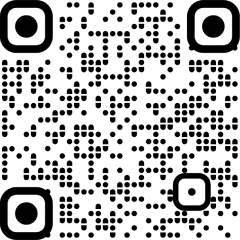The Supreme Court has held that the High Court committed an error in entertaining the writ petition, which set aside the resolution plan after the proceedings were initiated under the Insolvency and Bankruptcy Code, 2016.
The court highlighted that the notice was not given before the 19th Committee of Creditors meeting, which occurred way back on February 11, 2020. The argument contended that the justification for the High Court to assume jurisdiction shall be on the violation of the principles of natural justice which was invoked only on January 4, 2023.
There was a time gap of almost three years between these two events.
“The initiation and continuation of proceeding by Swamitva Consortium before the Adjudicating Authority, NCLT, or the Supreme Court cannot lend any justification whatsoever in approaching the High Court so late,” Justice Pamidighantam Sri Narasimha and Justice Manoj Misra said.
The top court observed the High Court should have noted that the Insolvency and Bankruptcy Code is a complete code in itself, having sufficient checks and balances, remedial avenues, and appeals, apart from delay and laches as adherence to protocols and procedures maintaining legal discipline and preserves the balance between the need for order and the quest for justice.
“The supervisory and judicial review powers vested in High Courts represent critical constitutional safeguards, yet their exercise demands rigorous scrutiny and judicious application,” the Supreme Court observed.
The Supreme Court has directed the Adjudicating Authority to commence the proceedings from where it was interdicted by the High Court and complete the same as expeditiously as possible, which is also the spirit of the Code.


